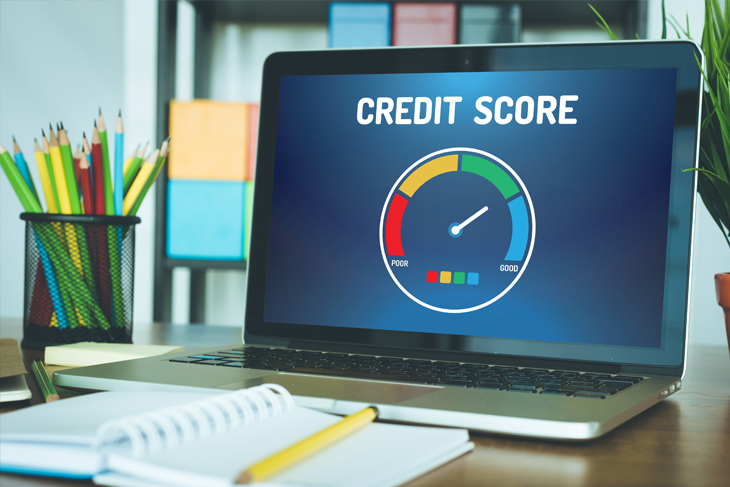For any type of finance application, be it something big like a mortgage or even something small like a mobile phone contract, there’s one thing that will have a big impact on whether you will be accepted and how much you will be charged – your credit score.
If you’ve never applied for a finance package before, then this may be a bit confusing. To see you’ve suddenly been given a rating by some credit check agency, assessing just how you are as a customer. But this need not be the case.
We’ve put together a quick beginner’s guide to credit scores to help explain how it all works. Read on to find out.
What is a credit score?
A credit score, in a nutshell, is a rating of your financial history carried out by specialist companies and agencies. The rating is based on a number of factors, but it is in essence designed to show how much of a risk you are as a potential customer. The less risk, the higher your credit score will be.
You may think these agencies are just there to help finance providers but having an accurate credit score will help you ensure that you are taking out finance packages that you can afford and give you the opportunity to try and improve it or maintain a high rating so you have access to the best interest rates.
What do the different credit scores mean?
Different credit check agencies will provide different scores, but they are normally calculated on a scale. Those at the lower end of the scale have a poor or bad credit rating. Those at the higher end of the scale have a good or excellent credit rating.
If you have a excellent to good credit score, you will get access to the most attractive finance products and be offered finance at a lower rate of interest. You can still get finance packages with a bad credit score, but the rate of interest will tend to be a lot higher.
What makes a good credit score?
Credit check agencies want to see too things: traceability and experience with credit. By traceability, they want to easily be able to see where you’ve lived over the last five years. That way they can check that there’s no outstanding issues against you.
For experience with credit, if you’ve taken out any sort of finance package before and paid it off without any issues, then they will see this as a positive and increase your credit score. That does mean that you may have a lower credit score than expected, even if there are no negative items on your file, just because you’ve never taken out a finance package before.
What makes a bad credit score?
Any financial difficulties in your past will negatively affect your credit rating. If you’ve missed payments on a previous loan or even defaulted, this will be recorded on your file. Obviously, if you’ve declared yourself bankrupt in the past, then this also will have a big impact on your credit score, as will any county court judgements (CCJs).

Can I improve my credit score?
The good news is that your credit score can be improved with a little work. Time is a great healer, but there are other things you can do like improve your traceability by signing on to the electoral roll, or by consolidating all your debts into one payment.
Credit scores change over time, so the first step is to find out what your rating currently is. Then you can take steps to ensure that you are working towards a better credit score, and then the better finance products and more attractive interest rates.
Are You Ready to Save on Car Finance?
If you’re considering getting a new car, then you don't want to miss out on what Creditplus can offer. Applying with us will not affect your credit profile, so why not complete a quick application now.
Apply Online Today!See our latest car deals





 Facebook
Facebook Twitter
Twitter Instagram
Instagram LinkedIn
LinkedIn Youtube
Youtube